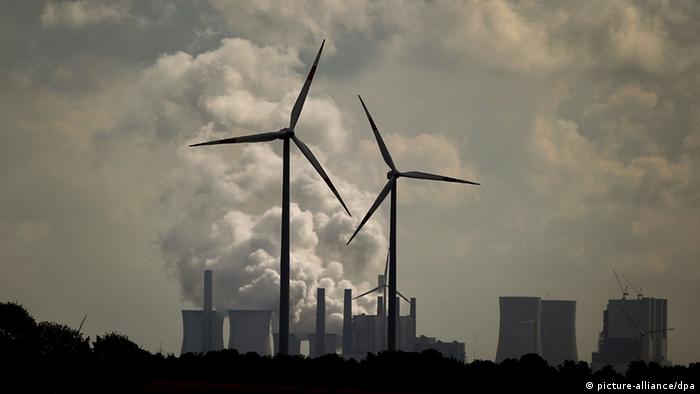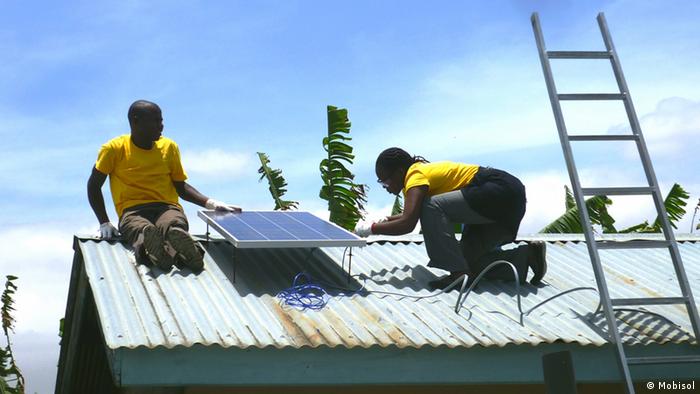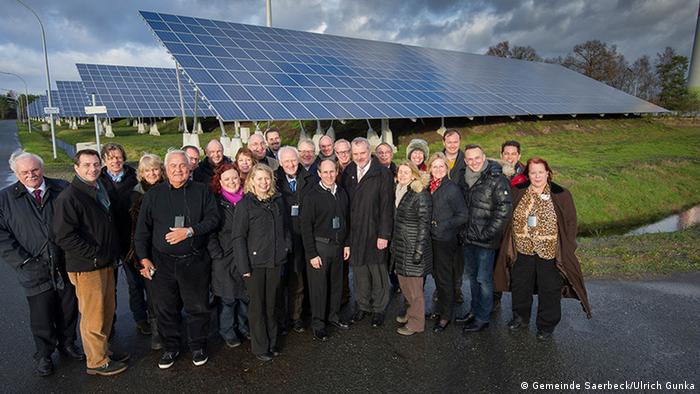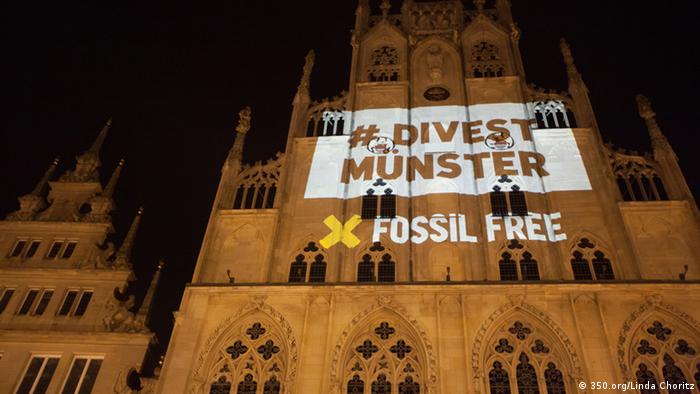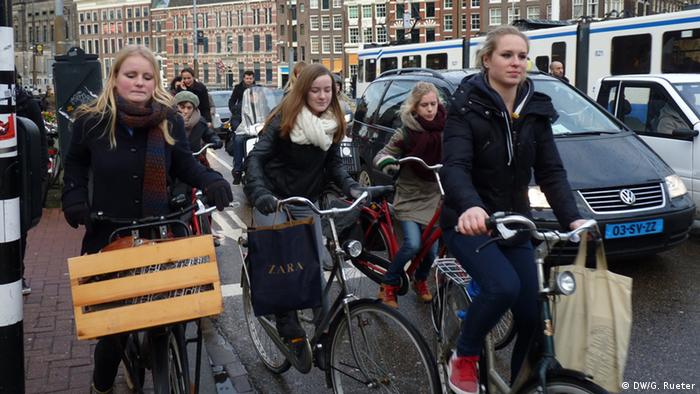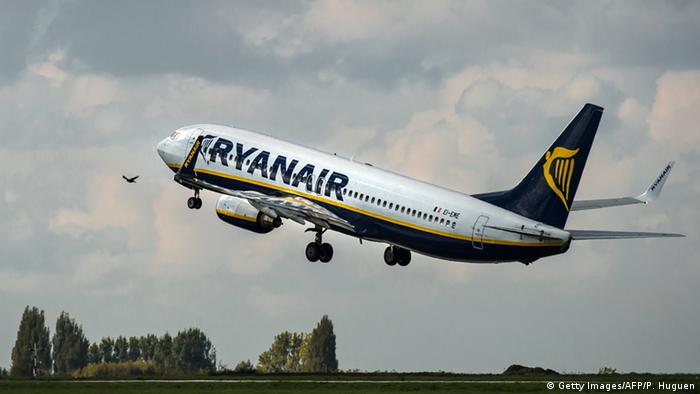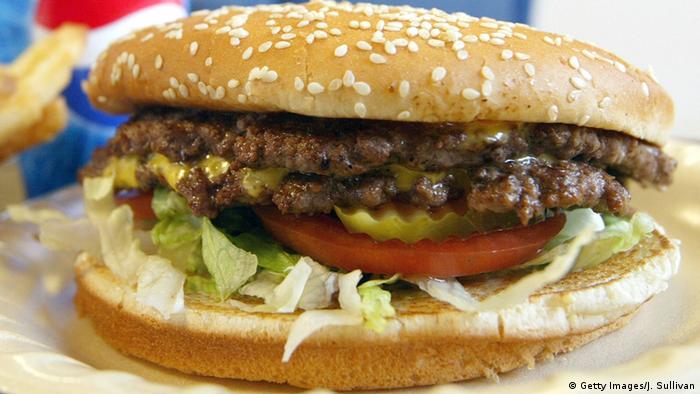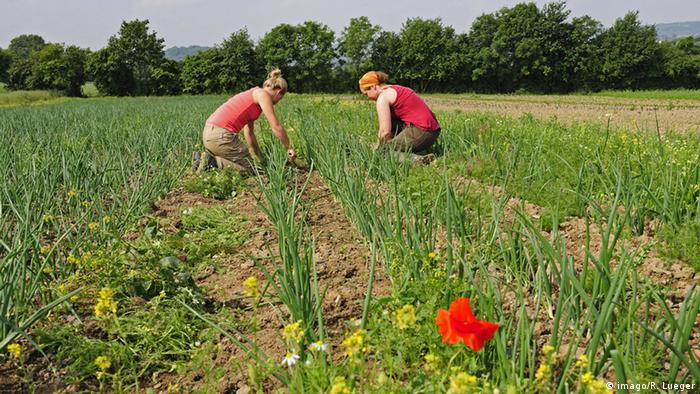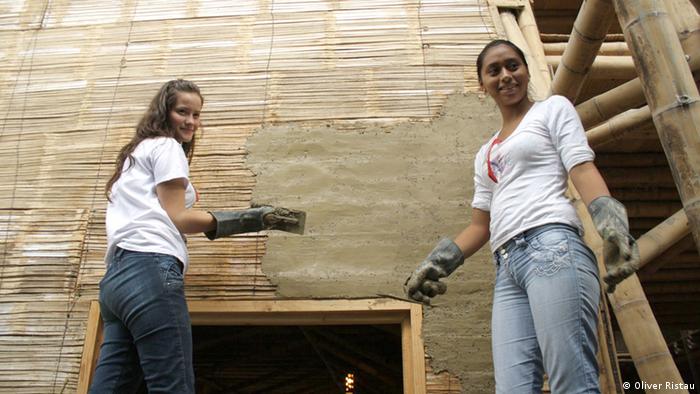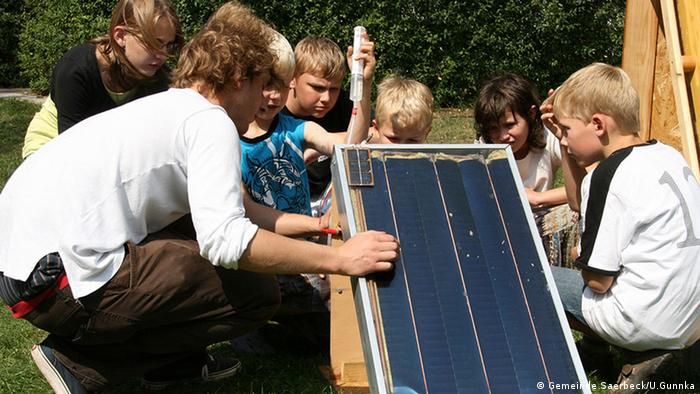Germany is in the area of climate protection is not a pioneer any more, and in a global comparison, only mediocrity. Under Chancellor Angela Merkel, many opportunities were missed. Germany needs a bold new politics, says Gero Rueter.

How could this happen? Ten years ago, Germany was a pioneer in the renewable energies, wind power, biogas plants and also in photovoltaics. The industry was booming, and the prospects were good, to fulfill with the help of these techniques, not only the German climate targets.
There is the possibility to keep global warming to under 1.5 degrees, and Germany, many of these techniques, knows very well. That these are not used in Germany so far, is the strong opposition from the fossil energy industry. These fears of declining profits and defends itself with all means against the Expansion of renewables and a future-oriented climate policy.

DW-climate and energy expert Gero Rueter
So far, this lobbying has been very successful. The Expansion of the Renewable has slowed down in Germany under the Merkel government significantly restricted: The once-large German solar companies went bankrupt, and with the climate-damaging brown coal produces as much electricity as before.
The energy transition is faltering
Currently, the share of renewable energies in the German power supply is around 40 percent. Without the intervention of the fossil economy and the so-caused braking effects of this share but today at about 55 percent, and a power supply of 100 percent Renewable would be by 2030 in the industrial country, Germany is in sight.
The German climate targets did so without major problems, the Reputation as a climate pioneer would not be battered, and the solar industry would be also in Germany a significant industry.
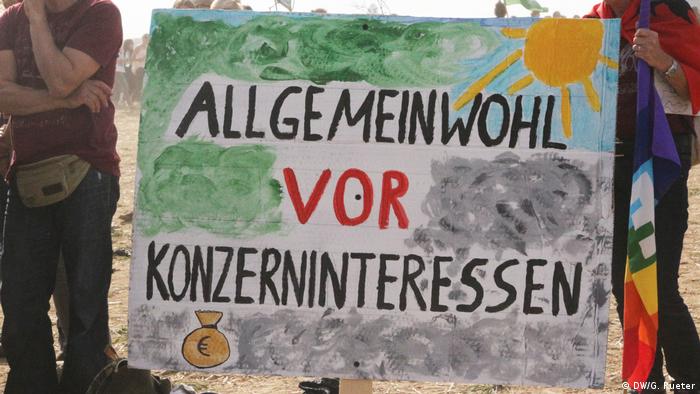
Protest sign at a big demo against coal policy at the hambach forest
Now everything is different. The Merkel government and the established parties (Union, SPD and FDP) are traditionally closely associated with the fossil fuel industry. The behavior of the German policy in the diesel scandal is an expression of these linkages. In spite of exhaust gas manipulation, the auto industry is protected, and this, although the provisions for health and climate protection are violated on a massive scale, and the interests of car buyers as well.
One of the fossil-based economy-dependent policy is also observed in many other countries in the world. Particularly in the United States, Russia, Australia and Saudi Arabia the risks are ignored by the climate change largely and are not to scale for decisions in the policy.

More and more people have the nose of a short-sighted policy.
Voters with vision
We all want a good life on this planet, and this is also for our grandchildren. The technology for a clean energy supply is already there. By 2040, many countries could get out to the world from coal, Oil and Gas and their own energy needs, completely cover with renewable energies. In sum, then even more Jobs in the energy sector would be created, money saved and quality of life increases.
So far it is missing in the policy, however, often at will for the implementation. It is the will and the courage to break with the old cliques and the courage to be honest, that a ‘business as usual‘ for a long time. We should therefore choose in the future only politicians that are truly independent of the fossil-based economy. Needed politicians with vision for future generations.
In the case of elections, if possible, everyone should also take into account the interests of the grandchildren in the decision. Would be so chosen, we would soon politicians with vision.
But also in the purchase of products or travel, we can decide grandson. And if the many do, then the economy and policy changes much faster than was thought – and this not only in Germany.
